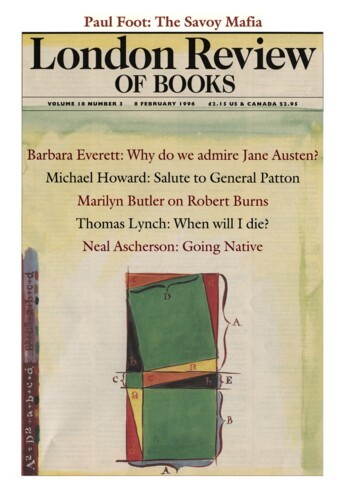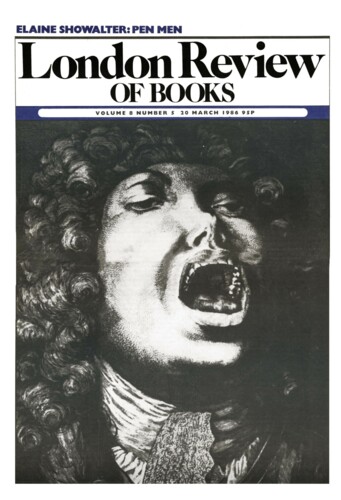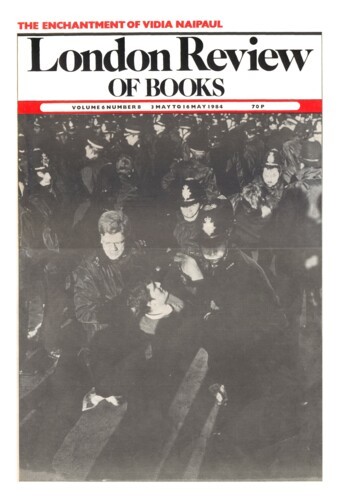What-it’s-like-ness
Hilary Putnam, 8 February 1996
Every so often one encounters a book with which one disagrees, wholly or in large part, but which one regards as a genuine contribution to philosophy precisely because it sets out views with which one disagrees, and does so with exemplary clarity and sophistication. For me, Galen Strawson’s Mental Reality is such a book, and any contemporary course of lectures on the philosophy of mind would be well advised to discuss it: the issues it deals with are important ones, and what Strawson has to say about them is original.





